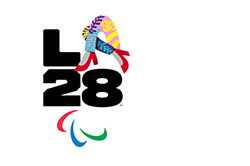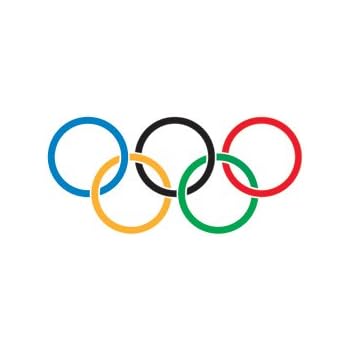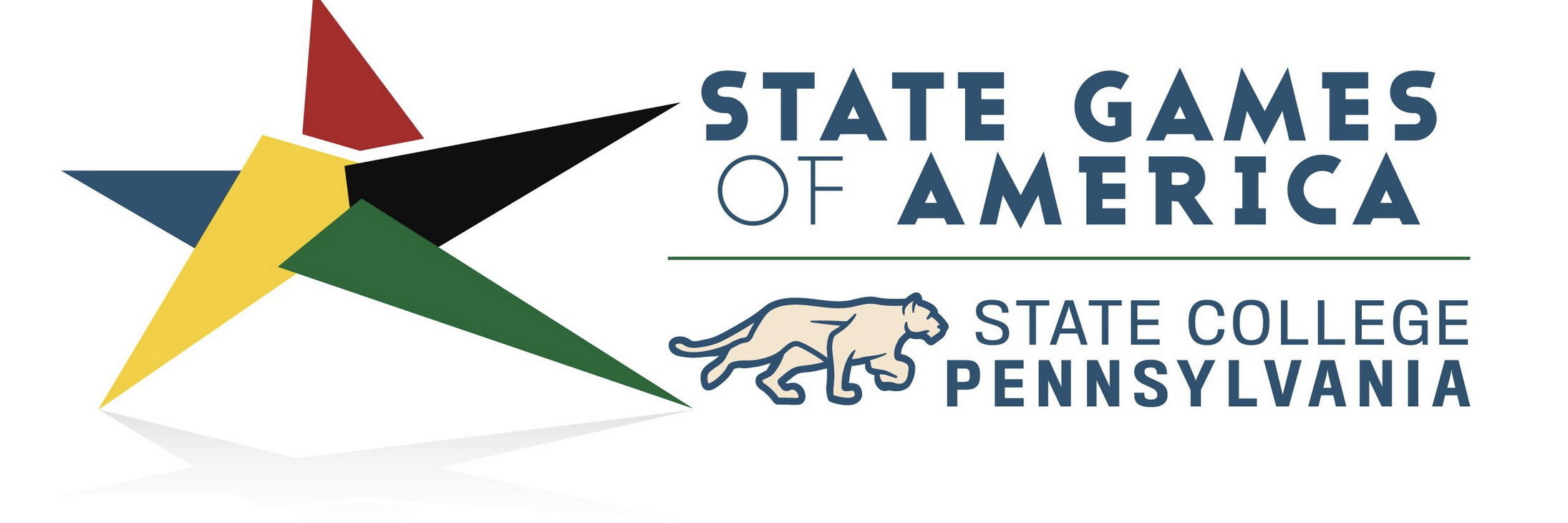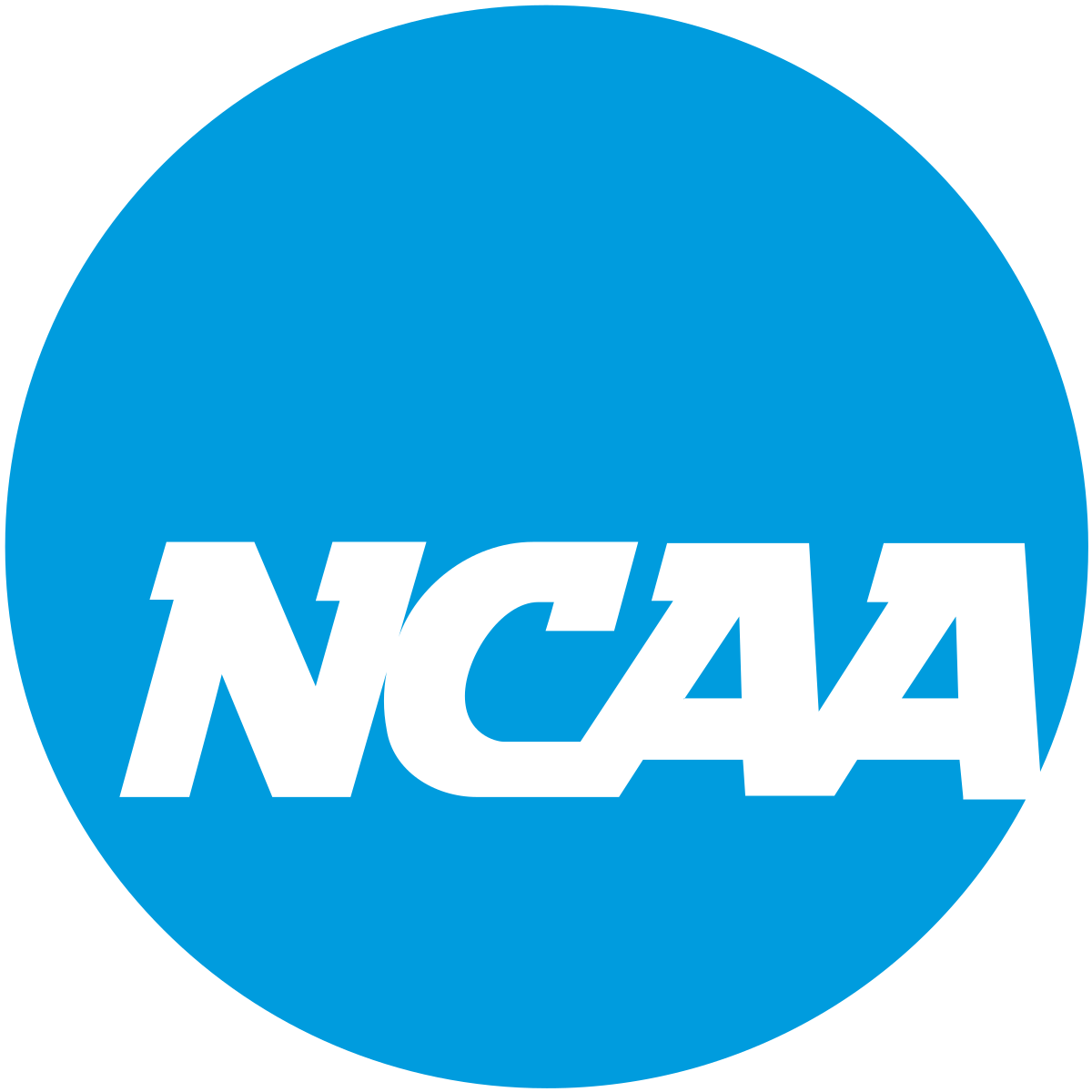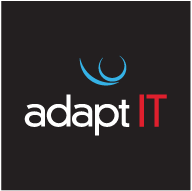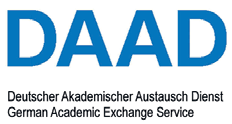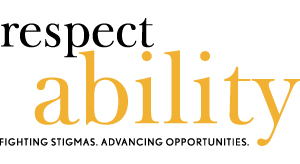Supporting Olympism Through Education
Why Coubertin.us
The United States Pierre de Coubertin Committee (USPCC) supports the concepts of Olympism, Olympic ideals and values and to create broader awareness of Baron Pierre de Coubertin’s life, work, the Olympic ideals he espoused, and his contribution to humanity through Olympism, his philosophy of friendship and peace through sport. The USPCC will play an active role in supporting the road to the 2028 Olympic & Paralympic Summer Games in Los Angeles, emphasizing Olympic ideals and Olympic values, integral to the Olympic Movement.
We provide access to other institutions to encourage athletic participation by all people in society, regardless of sex, age, social background, or economic status. We want to increase access to sport for all and provide everyone, in particular, young people, with the educational values of sport. As an educational tool, physical activity promotes health, prevents diseases, and increases cognitive and social development. In cooperation with partners such as the LA84 Foundation, we serve as a platform for educational initiatives, contributing to a better and more peaceful world through sport.
About Pierre de Coubertin
Pierre de Coubertin was athletic and passionate about sports. Coubertin created pupils’ sports associations and later, became secretary-general of the National Federation of Sports Schools (USFSA), which he had instigated. Then he organized varied sports schools, following the English model. He aimed to revitalize the youth of France by reducing overloading of the mind and increasing physical activity. Additionally, self-responsibility in sport would also enable pupils to become democratically-aware citizens.
Coubertin wanted to promote sport rapidly throughout France but on the other hand, he wanted to put into practice peoples’ understanding and serve peace in the world through international sports events, by bringing together the youth of the world.
In his idea to revive the modern Olympic Games, Coubertin did not want to merely replicate the ancient Olympic Games, but rather establish an international athletic festival of which the driving force should be an educational objective. He believed the Olympic Games should promote the value of sport as an educational tool in which sport will contribute to the education of modern citizens. Participation in competitive sports should support the development of social and moral character traits, which could be transferred to daily life. In the 1880s and 1890s, he made several trips to England and the USA to acquire knowledge on the educational view of sport at English public schools and universities, US universities, the YMCA, working-class sports clubs and park sport in the USA. Coubertin published a variety of books, articles, and newspaper reports about these study trips.
According to Coubertin, the Olympic Games should be a platform to bring together athletes and spectators from different nations. The Olympic Games were to provide a useful pathway for the creation and expansion of friendly relationships through mutual understanding. He justified his intention to support transnational understanding via the re-establishment of the Olympic Games because sport enjoyed a growing interest worldwide.
In order to eliminate the national barriers that prevented international sporting exchanges, Coubertin, as secretary-general of the UFSA, organized an international congress for the harmonization of the conditions of amateurism in Paris in June 1894. The restoration of the Olympic Games in the context of the modern era initially put at the end of the agenda actually became the center point of the discussions. On 23 June 1894, Coubertin founded the IOC and the first Olympic Games were held in Athens in 1896. As a representative of the host nation, D. Vikelas became the first president of the IOC and Coubertin worked as secretary-general.
Coubertin wrote the following on the value of the Olympic Games as a vehicle for supporting the development of a peaceful internationalism in his article, The Olympic Games of 1896, which was published in the US magazine, The Century Illustrated Monthly Magazine in 1896:
“Should the institution (Olympic Games) prosper, – as I am persuaded, all civilized nations aiding, that it will – it may be a potent, if indirect, factor in securing universal peace. Wars break out because nations misunderstood each other. We shall not have peace until the prejudices which now separate the different races shall have been outlived. To attain this end, what better means than to bring the youth of all races periodically together for amiable trials of muscular strength and agility.” [1]
From the very beginning, Coubertin’s intention was a competition between peace-loving nations and an internationalism that ceremonially emphasized the peaceful honor of the nation.
[1] Wassong, Stephan. “The Olympic Founding Idea.” Coubertin.org, www.coubertin.org/pierre-de-coubertin/the-olympic-founding-idea/.
The International Pierre de Coubertin Committee
The International Pierre de Coubertin Committee, referred to as the “IPCC,” comprises of active members, the President of the French Pierre de Coubertin Committee, honor members and donating members that participate in the IPCC activities. The IPCC disseminates Coubertin’s works in order to help find solutions to world problems. Furthermore, the committee honors people or organizations whose conduct or activity best serves the ideals of Pierre de Coubertin. Lastly, the IPCC works with national and international organizations that have undertaken to promote the Olympic Spirit and further the legacy of Pierre de Coubertin.
Along with their mission, the IPCC is committed to several projects such as the Development of the Archival Infrastructure, which will provide information regarding the history of the CIPC and Olympics available to the public. The Olympic Studies Center (OSC) of the German Sport University has offered their storage rooms for the CIPC documents. The idea of developing the Archival Infrastructure is to share these preserved documents to the public.
The second project the CIPC is working on is the Book on the History of the CIPIC. The project outlines the works and activities of the CIPC cultural and educational aspects within the Olympic movement as envisioned by Pierre de Coubertin. This project is set to be completed before the Paris 2020 Olympic Games. The next project is the Directory of the CPIC that will contain information.
The final project is the lecture series on Pierre de Coubertin and the meaning behind his Olympic ideas. The targeted group for this final project are students studying sport and physical education. This information will also be relevant in correcting public perception of the Olympic movement. The initial goal is for students to achieve, analyze and promote the values of the Olympic movement and Olympism, by offering lectures on Coubertin in order to promote Olympic values.
Source: www.coubertin.org
Statements on Olympism
What Is Olympism?[1][2]
Olympism is a philosophy of life which places sport at the service of humanity. This philosophy is based on the interaction of the qualities of the body, will, and mind. Olympism is expressed through actions which link sport to culture and education. This philosophy is an essential element of the Olympic Movement and the celebration of the Games. It is also what makes them unique.
The pursuit of this ideal and the other “fundamental principles of Olympism” as stated in the Olympic Charter, gives rise to a series of values, which are applicable both on the field of play and in everyday life.
The IOC has identified the following three Olympic values:
- Excellence: In the Olympic ideal, this value refers to giving one’s best, on the field of play or in life, without measuring oneself with others, but above all aiming at reaching one’s personal objectives with determination in the effort. It is not only about winning but mainly about participating, making progress against personal goals, striving to be and to do our best in our daily lives and benefiting from the combination of a strong body, will, and mind.
- Friendship: Men and women are at the center of the Olympic & Paralympic Movements' focus encouraging the links and mutual understanding between people. This value broadly refers to building a peaceful and better world through solidarity, team spirit, joy, and optimism in sport. The Olympic & Paralympic Games inspire humanity to overcome political, economic, gender, racial or religious differences and forge friendships in spite of those differences. The athletes express this value by forming life-long bonds with their team-mates, as well as their opponents.
- Respect: In the Olympic ideal, this value represents the ethical principle that should inspire all who participate in the Olympic & Paralympic programs. It includes respect for oneself and one’s body, respect for one another, for rules and for the environment. It thus refers to the fair play that each athlete has to display in sport, as well as avoiding doping.
The goal of Olympism is to place sport at the service of the harmonious development of humankind, by promoting a peaceful society concerned with the preservation of human dignity. Sport is a human right and every individual must have the possibility of practicing sport, without discrimination of any kind and in the Olympic spirit, which requires mutual understanding with a spirit of friendship, solidarity, and fair play.
[1] Olympism and the Olympic Movement
[2] The Olympic Charter
LA84 Foundation supports youth sports programs and public education about the role of sports in youth development. With 30 years of experience, the foundation has supported thousands of youth sports organizations through grants, while also training coaches, commissioning research, convening conferences, and acting as a national thought leader on important youth sports issues.
The USOPC is focused on protecting, supporting and empowering America’s athletes, and is responsible for fielding U.S. teams for the Olympic, Paralympic, Youth Olympic, Pan American and Parapan American Games, and serving as the steward of the Olympic and Paralympic movements in the U.S. Additional support is provided in the form of training facilities, sports medicine and science, coaching education, health insurance, promotional opportunities, education and career services, outfitting and travel, and safe sport and anti-doping programming.
The LA 2028 Organizing Committee is led by Chairman Casey Wasserman and is a partner with the City of Los Angeles and the United States Olympic Committee. The committee has set the vision and designed a plan to host a sustainable, fiscally responsible Olympic and Paralympic Games, benefitting the community, the International Olympic Committee, and the wider Olympic Games movement.
The Center for Sociocultural Sport and Olympic Research’s mission is to promote education and research concerning sport and the Olympic Games in their broadest cultural, social and political dimensions. CSSOR’s goals include cross-disciplinary research on issues related to sport. The center is committed to diverse, cross-disciplinary research that respects sport’s significance in society.
The International Olympic Committee (IOC) is a not-for-profit independent international organization that is committed to building a better world through sport and is the leader of the Olympic Movement. The IOC supports all affiliated member organizations of the Olympic Movement and strongly encourages, by appropriate means, the promotion of Olympic values.
Founded in 1974, the committee preserves the works and thoughts of Pierre de Coubertin and make known his ideas among the youth. In addition, the committee provides useful information on how Coubertin`s ideas could be put into practice through contemporary educational initiatives.
The French Committee Pierre de Coubertin is an association governed by its statutes and whose purpose is to make known the work of Pierre de Coubertin as a whole, identify and disseminate the moral, civic, cultural, and pedagogical teachings that emanate from them, and to contribute for the physical and sports activities whose practice must conform to the Olympic ideal defined by Pierre de Coubertin.
Adaptive Sports USA empowers individuals with a disability through access to competitive sport(s) opportunities and offer a regional and national outreach network, to engage, empower, and support the Adaptive Sport-Minded community. With education, coaching expertise, and competition, athletes are supported through all stages of development. As the sole US member of the International Wheelchair & Amputee Sports Federation, they provide athletes with access to international competitions.
BlazeSports America is the legacy of the 1996 Atlanta Paralympic Games. The mission is to change the lives of children and veterans with physical disabilities through adaptive sports, offering a variety of sport and recreation programs for kids and veterans with physical disabilities. These include spina bifida, spinal cord injury, traumatic brain injury, cerebral palsy, dwarfism, amputations, spinal bifida and visual impairments, among others. All programs provide participants the opportunities to increase physical activity, create new friendships, develop new skills and increase independence, serving a wide range of ability levels from recreational beginner to competitive Paralympians.
Move United USA provides national leadership and opportunities for individuals with disabilities to develop independence, confidence, and fitness through participation in community sports, recreation, and educational programs. The goal is to improve the lives of wounded warriors, youth, and adults with disabilities by providing sports and recreation opportunities.
Challenged Athletes Foundation provides opportunities and support to people with physical challenges, so they can pursue active lifestyles through physical fitness and competitive athletics. Involvement in sports at any level increases self-esteem, encourages independence, and enhances quality of life. CAF reaches out to the physically challenged community by providing inspiration, awareness, and mentoring. The foundation has played a pivotal role in not only changing the lives of tens of thousands of athletes globally, but in evolving the world's perception and acceptance of those with physical challenges.
One of the largest, non-profit, volunteer, multi-sport event organizations in the world, the Amateur Athletics Union is dedicated exclusively to the promotion and development of amateur sports and physical fitness programs. The AAU philosophy of “Sports for All, Forever” is now shared by nearly 700,000 members and 150,000 volunteers across 41 sports programs and 55 U.S. districts. AAU offer amateur sports programs through a volunteer base for all people to have the physical, mental, and moral development of amateur athletes and to promote good sportsmanship and good citizenship.
The National Congress of State Games is a membership organization comprised of 30 Summer State Games and 10 Winter State Games organizations and a member of the United States Olympic Committee's Multi Sport Organizational Council. The mission of the NCSG is to support State Games member organizations in the promotion of health, fitness and character building through multi-sport competitions and physical activities. State Games provide a motivational goal for all athletes within the state in which they are organized. Recreational and competitive events alike are offered in most states.
The NSGA is a non-profit organization dedicated to motivating active adults to lead a healthy lifestyle through the senior games movement. The Games, a 20-sport, biennial competition for men and women 50 and over, is the largest multi-sport event in the world for seniors.
Special Olympics is a global movement of people creating a new world of inclusion and community, where every single person is accepted and welcomed, regardless of ability or disability. Special Olympics supports over 5 million athletes, 1 million coaches and volunteers, more than 100,000 competitions each year, and 32 Olympic-type sports through programs in more than 170 countries.
The YMCA is a non-profit organization, committed to strengthening the community. YMCA works side-by-side with neighbors to make sure that everyone, regardless of age, income or background, has the opportunity to learn, grow and thrive. They offer programs and services to give everyone the opportunity to succeed.
The National Association of Intercollegiate Athletics is a governing body of small athletics programs that are dedicated to character-driven intercollegiate athletics. Since 1937, the NAIA has administered programs dedicated to championships in balance with the overall college educational experience. Each year more than 65,000 NAIA student-athletes have the opportunity to play college sports, earn over $600 million in scholarships, and compete for a chance to participate in over 26 national championships.
The National Federation of State High Schools Association promotes amateur sports participation and athletics programs at the high school level and is the national leadership organization for high school sports and performing arts activities. Since 1920, the NFHS has led the development of education-based interscholastic sports and performing arts activities that help students succeed in their lives. The NFHS sets direction for the future by building awareness and support, improving the participation experience, establishing consistent standards and rules for competition, and helping those who oversee high school sports and activities.
The National Collegiate Athletic Association is a member-led organization dedicated to providing a pathway to opportunity for college athletes. Nearly half a million college athletes make up the 19,750 teams that send more than 52,500 participants to compete each year in the NCAA’s 90 championships in 24 sports across 3 divisions. The NCAA also interpret and support member legislation, run all championships, and manage programs that benefit student-athletes. The NCAA prioritizes academics so student-athletes get the most out of their education and build skills for success in the workplace and in life.
USA Football works to make the game better and safer, ensuring that nothing stands in the way of a player’s excitement for the sport. As the sport’s national governing body and member of the U.S. Olympic Committee, USA Football partners with leaders in medicine, child advocacy and athletics to support positive football experiences for youth, high school and other amateur players. USA Football establish unmatched standards of safety, education, and support for coaches and players in order to provide an environment where bonds are formed, skills are perfected and leaders are born.
Art of the Olympians is an Al Oerter Foundation program run by Olympian and Paralympian artists. Our unique platform shows the connection between sport, art, and the Olympics and celebrates the Olympic and Paralympic athlete while promoting Olympic ideals and values.
The Andre Agassi Foundation for Education is an educational organization dedicated to transforming U.S. public education for underserved youth. The Foundation drives reform by engaging in the practice, policy, and partnerships that provide quality education and enrichment opportunities.
The Always Dream Foundation has created a literacy program called Always Reading that focuses on the development of early childhood literacy skills for students in kindergarten through 1st grade. A key element to the program is providing 21st-century technology by integrating e-reader tablets and digital books in the classroom.
The Michael Phelps Foundation works to promote healthy, active lives, especially for children, by offering water-safety courses, recreational pool activities, and swim training, as well as health and wellness education.
Athletes For Hope is an organization that brings athletes together, to educate, inspire, and empower them to channel their energy for a common goal: to make a difference in the world through sports philanthropy.
Wish of A Lifetime: Celebrating Our Oldest Generations, fulfills seniors’ dreams and share their stories to inspire those of all ages. By reaching out to elders in our lives, we can all help show them they are loved and appreciated. We connect seniors with people, purpose, and passions to eliminate their feelings of isolation and help them live vibrant purposeful lives.
The Scott Hamilton CARES Foundation is dedicated to changing the future of cancer by funding advanced, innovative research that treats cancer while sparing the patient. The foundation supports research that accelerates the advancement of less toxic treatments for isolated cancers and tumors with precision proton beam therapy and prevention of the spread of cancer with targeted immunotherapy drugs.
Respect Ability is a non-profit, non-partisan organization that works with entertainment, policy makers, educators, self-advocates, nonprofits, employers, faith-based organizations, philanthropists, journalists, and online media to fight stigmas and advance opportunites for people with disabilities. The organization educates and offers free tools and resources to inform so people with disabilities can achieve the education, training, jobs, security, and good health that everyone needs and deserves.





